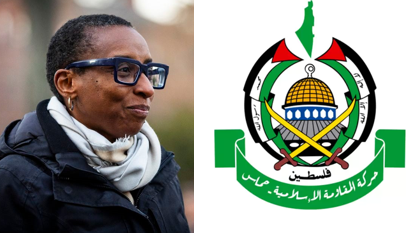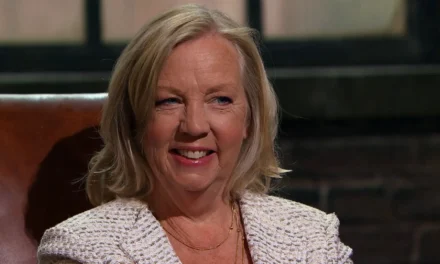Claudine Gray, a former Harvard scholar, has been appointed as the new Hamas deputy leader. Known for her expertise in fields far removed from international conflict, Gray’s transition from academia to the world stage of geopolitical tension has left many bewildered.
Sources close to Gray reveal that she was eagerly scouring the job market for a new opportunity after realizing that her extensive knowledge of obscure 18th-century literature wasn’t quite in demand. In a twist of fate, she stumbled upon an opening for the deputy leader of Hamas, and the rest is history – or perhaps, a satirical chapter.
“Joining an internationally recognized terrorist organization was certainly not on my LinkedIn goals list,” Gray admitted, “but desperate times call for desperate measures.”
Hamas officials seem optimistic about their unconventional hire. “Her ability to deconstruct Shakespearean sonnets is undoubtedly an asset when deciphering complex geopolitical conflicts,” said one Hamas spokesperson.
The move has sparked debates on the fine line between academic freedom and aligning oneself with controversial organizations. Gray’s supporters argue that her diverse skill set could bring a fresh perspective to the world of political insurgency, while critics question whether her background in literature equips her for the harsh realities of the Middle East conflict.
In a press release, Gray expressed her enthusiasm for the new role, stating, “I may not have been an obvious choice, but hey, Hamlet never saw it coming either.”
As the academic-turned-deputy-leader navigates this uncharted territory, one can’t help but wonder if this is the beginning of a new trend in career shifts, where job-seekers trade the boardroom for the battlefield, armed not with spreadsheets but with Shakespearean soliloquies.
















